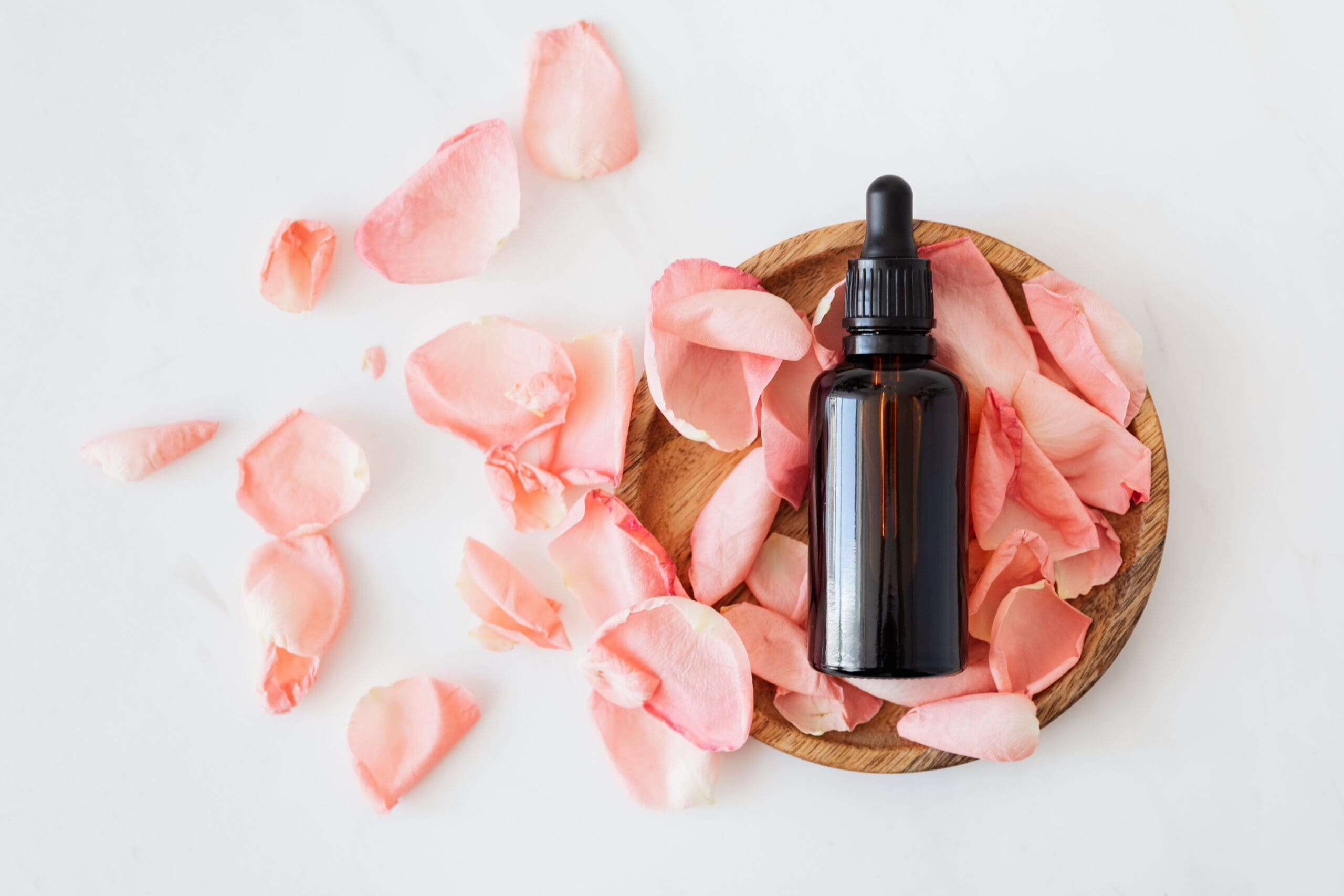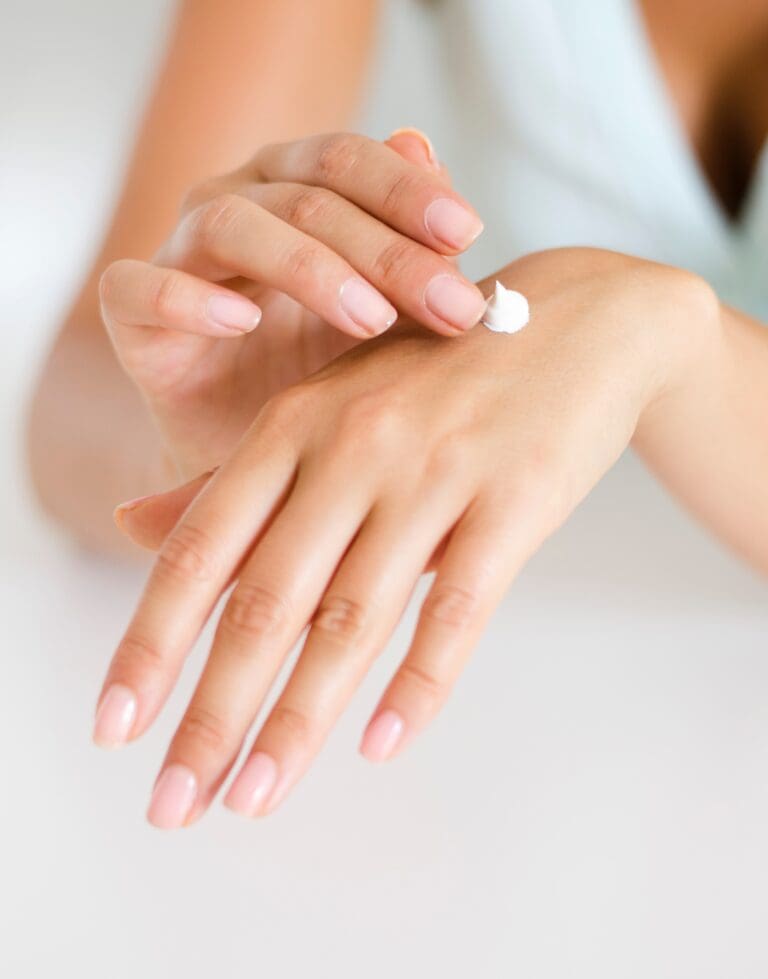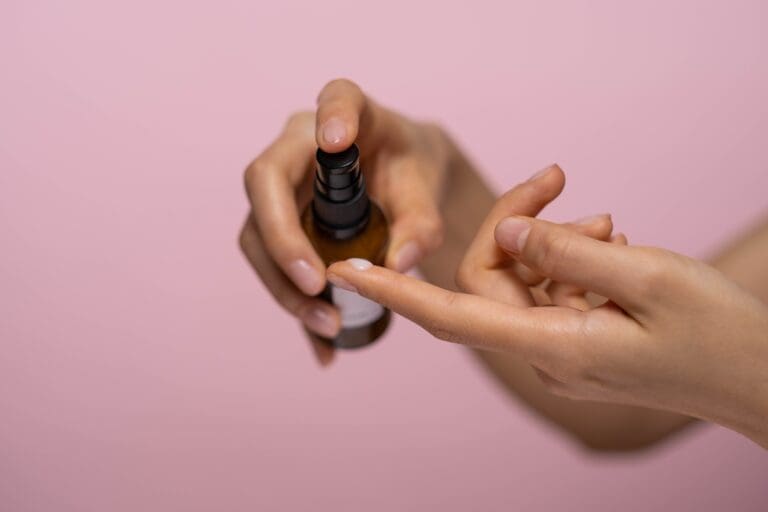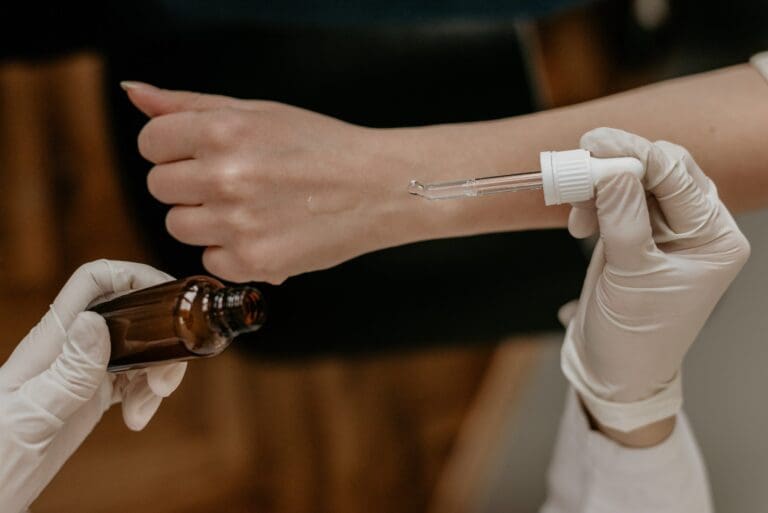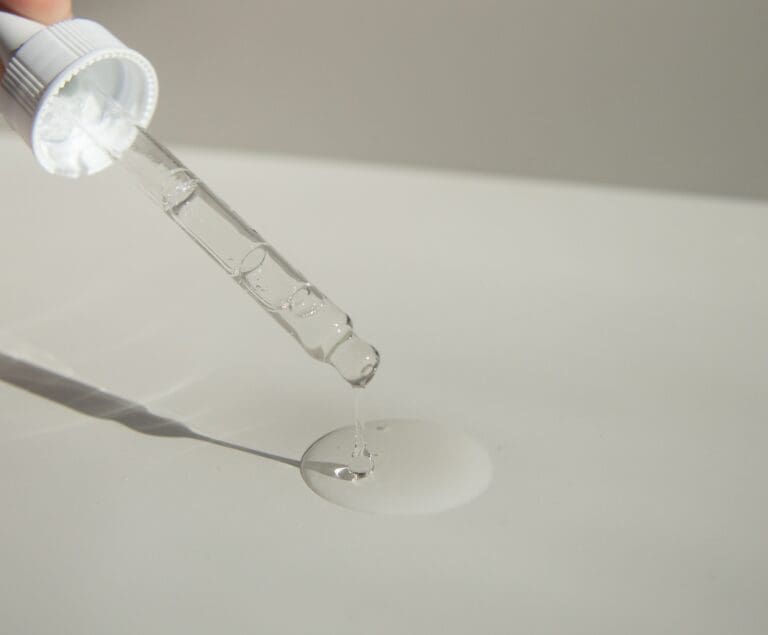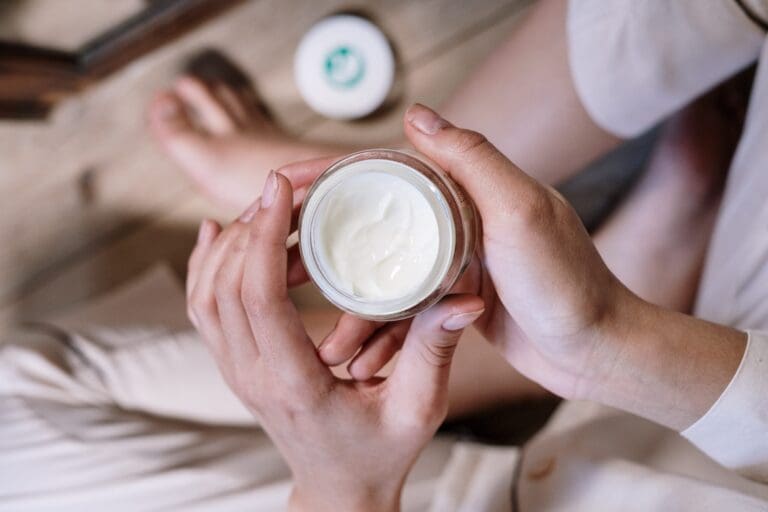Rosehip Oil for Your Face
If you’re looking for a natural way to hydrate and nourish your skin, you may have heard about the benefits of rosehip oil. This oil, derived from the seeds of the rosehip fruit, is rich in essential fatty acids and antioxidants that can help improve the overall appearance of your skin. But is rosehip oil really good for your face, and when is the best time to use it?
First and foremost, rosehip oil is a great option for those with dry or mature skin, as it can help restore moisture and improve elasticity. It’s also been shown to have anti-inflammatory properties, making it a good choice for those with acne-prone or sensitive skin. However, it’s important to note that rosehip oil may not be suitable for everyone, so it’s always a good idea to patch test before using it on your face.
When it comes to the best time to use rosehip oil, it can be incorporated into your skincare routine in a number of ways. Some people prefer to use it as a moisturizer, applying a few drops to their face after cleansing and toning. Others mix it with their favorite moisturizer or serum for added hydration and nourishment. Additionally, rosehip oil can be used as a makeup remover or added to a bath for a relaxing and moisturizing soak.
Understanding Rosehip Oil
If you’re looking to add a natural and organic ingredient to your skincare routine, rosehip oil might be just what you need. Extracted from the seeds of the rosa canina rose bush, rosehip oil is rich in vitamins, antioxidants, and essential fatty acids that can help nourish and hydrate your skin. In this section, we’ll explore the origins and composition of rosehip oil and compare it to rosehip seed oil.
Origins and Composition
Rosehip oil has been used for centuries for its medicinal and cosmetic properties. The rosa canina rose bush, which is native to Europe and parts of Africa and Asia, produces small red fruits that are rich in vitamin C. The oil is extracted from the seeds of these fruits using a cold-pressing method, which helps to preserve the oil’s nutrients.
Rosehip oil is a natural source of vitamins A, C, and E, which are all essential for healthy skin. It also contains essential fatty acids, such as omega-3 and omega-6, which can help to nourish and hydrate the skin. These nutrients work together to help improve the appearance of fine lines, wrinkles, and other signs of aging.
Rosehip Oil vs Rosehip Seed Oil
Rosehip oil and rosehip seed oil are often used interchangeably, but they are not the same thing. Rosehip seed oil is extracted solely from the seeds of the rosa canina rose bush, while rosehip oil is extracted from both the seeds and the fruit. As a result, rosehip oil is richer in nutrients and has a deeper color than rosehip seed oil.
Both oils have similar benefits for the skin, but rosehip oil is generally considered to be more nourishing and hydrating. If you’re looking for a more potent version of rosehip oil, you may want to consider using a blend that combines both rosehip oil and rosehip seed oil.
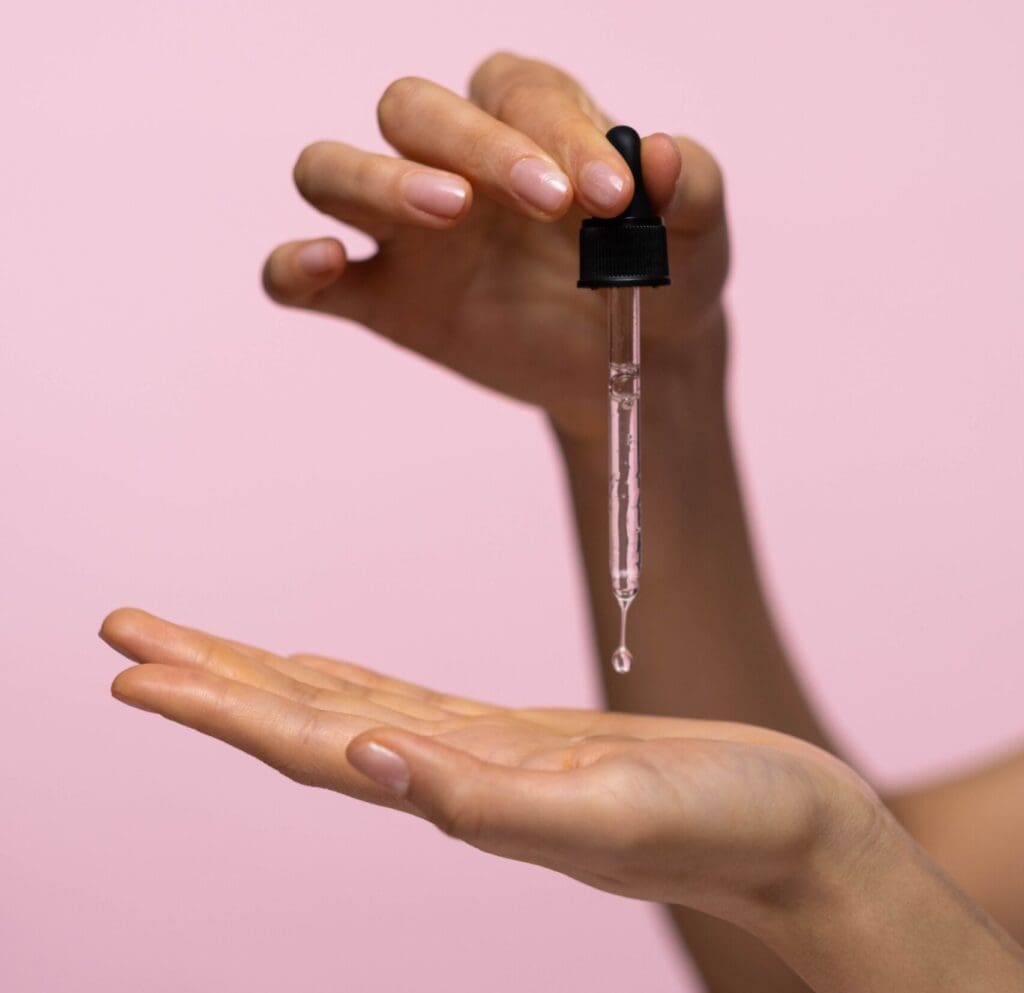
Benefits of Rosehip Oil for the Face
Rosehip oil is a versatile and beneficial oil that can help improve the overall health and appearance of your skin. Here are some of the benefits of using rosehip oil on your face:
Anti-Aging Properties
Rosehip oil has been shown to have anti-aging properties due to its high content of antioxidants and essential fatty acids. These antioxidants help to protect the skin from free radicals, which can cause damage to the skin and lead to premature aging. The essential fatty acids in rosehip oil also help to improve skin elasticity and firmness, which can help to reduce the appearance of fine lines and wrinkles.
Hydrating and Nourishing
One of the main benefits of rosehip oil for the face is its ability to hydrate and nourish the skin. Rosehip oil is rich in essential fatty acids, which help to moisturize the skin and keep it soft and supple. It also contains vitamins A and C, which can help to brighten the complexion and improve overall skin health.
Addressing Skin Conditions
Rosehip oil can also be beneficial for addressing a variety of skin conditions. It has anti-inflammatory properties that can help to reduce redness and inflammation associated with conditions like eczema, rosacea, and dermatitis. Additionally, the essential fatty acids in rosehip oil can help to improve skin barrier function, which can help to reduce dryness and irritation.
When to Use Rosehip Oil
You may be considering incorporating rosehip oil into your skincare routine. Here are some tips to help you get the most out of this natural oil.
Best Time for Application
Rosehip oil can be used morning or night, depending on your preference and schedule. If you have oily skin, you may prefer to use it at night so that it has time to absorb into your skin without interfering with your makeup during the day. If you have dry skin, you may find that using it in the morning helps to keep your skin hydrated throughout the day.
Incorporating into Skincare Routine
There are several ways to incorporate rosehip oil into your skincare routine. One option is to use it as a standalone moisturizer by applying a few drops to your face and neck after cleansing. Another option is to mix it with your favorite moisturizer to enhance its hydrating properties.
If you’re using rosehip oil to target specific skin concerns, such as acne or scars, consider using it as a spot treatment. Apply a small amount directly to the affected area and massage gently until it’s absorbed.
You should note that rosehip oil is a carrier oil, which means it can be used to dilute other essential oils. If you’re interested in using essential oils in your skincare routine, consider mixing them with rosehip oil to create a customized blend.
Skin Type and Quality
Rosehip oil is suitable for all skin types, but it’s especially beneficial for dry, sensitive, or aging skin. It’s rich in antioxidants, including vitamin C, which can help to protect your skin from damage caused by free radicals.
When purchasing rosehip oil, look for a high-quality, cold-pressed oil that’s free of additives and preservatives. A quality oil will have a deep orange or red color and a slightly nutty scent.
Skin Patch Test
Before using rosehip oil on your face, it’s a good idea to perform a skin patch test. Apply a small amount of oil to your inner arm or on your facial skin just in front of your ear and wait 24 hours to see if you have any adverse reactions. If you experience redness, itching, or swelling, discontinue use immediately.
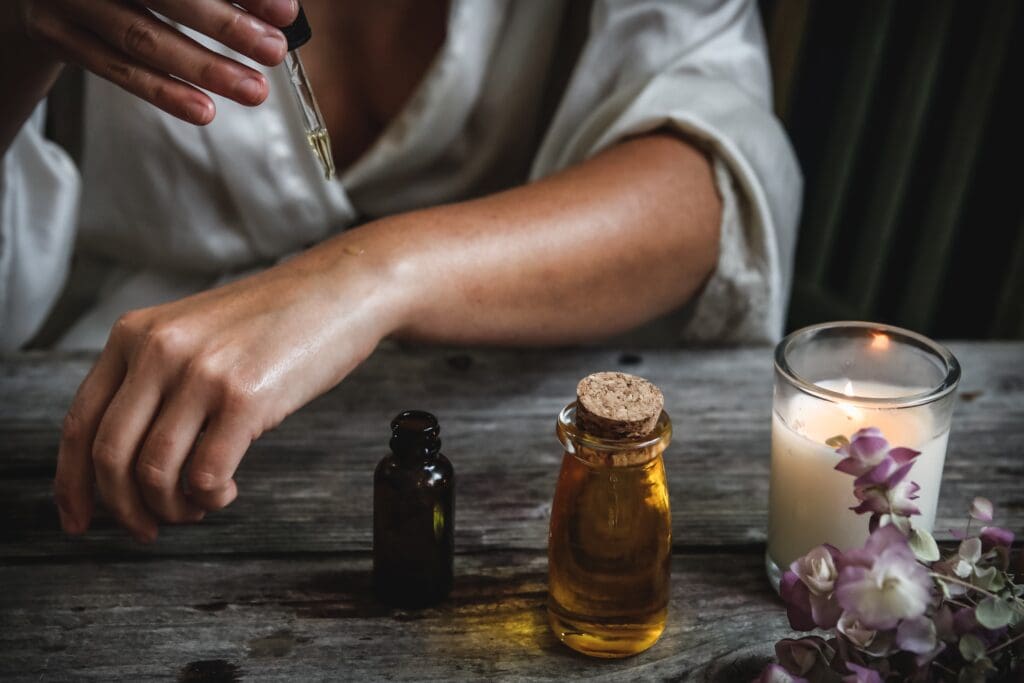
Potential Side Effects and Precautions
Here are some things to keep in mind:
Possible Allergic Reactions
While rosehip oil is generally considered safe for most people, some individuals may experience an allergic reaction. If you have sensitive skin or a history of allergies, it’s important to be cautious when using rosehip oil.
Symptoms of an allergic reaction may include a rash, itching, redness, or difficulty breathing. In rare cases, anaphylaxis may occur, which is a severe and potentially life-threatening allergic reaction. If you experience any of these symptoms, stop using the oil immediately and seek medical attention.
Choosing Quality Rosehip Oil
When it comes to using rosehip oil on your face, choosing a high-quality product is crucial for achieving the best results. Here are some tips to help you choose the best rosehip oil for your skin.
Identifying High Quality Oil
Firstly, it’s important to look for a rosehip oil that is natural and organic. This ensures that the oil is free from harmful chemicals and additives that can irritate your skin. Additionally, you should look for a carrier oil that is high in quality, such as jojoba or argan oil. This will help to ensure that the rosehip oil is absorbed into your skin properly and doesn’t leave a greasy residue.
Another factor to consider is the extraction method used to create the oil. CO2 extraction and cold pressing are the two best methods for producing high-quality rosehip oil. Avoid oils that have been produced using solvent extraction, as this method can result in a lower quality product.

